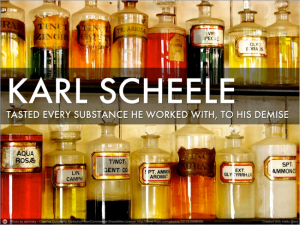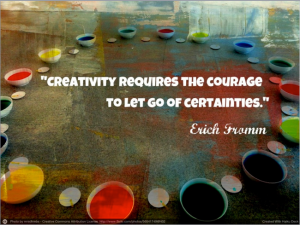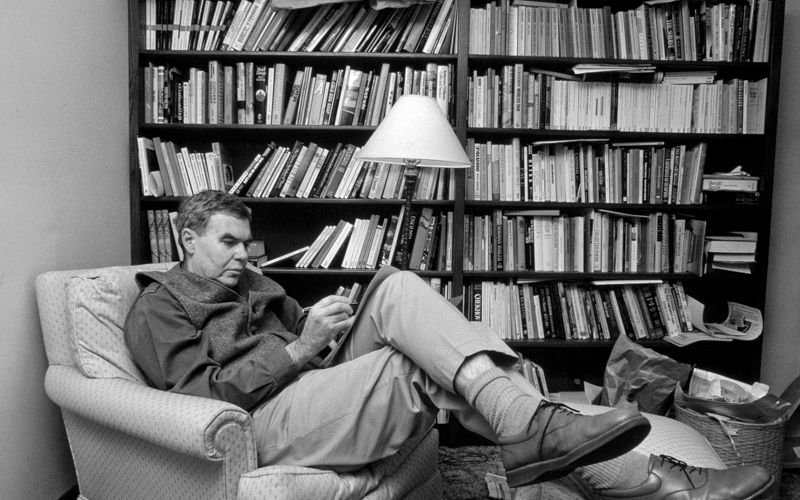January 2013 Innovation Talk
Humans have long demonstrated a capacity for creativity and innovation that have had monumental effects on the world. To have these types of impacts takes many trials and errors, a high level of courage, and a willingness to sometimes stand alone with a new idea.
The article below is based on a January 2013 all-hands presentation where I had a 5 minute segment to share a story around innovation and human creativity.
Let's talk briefly about anthropology...

I recently read a book by Bill Bryson entitled "At Home: A Short Story of Private Life". In the book Bryson talks about a rectory built in 1851 that he and his wife purchased in England. While the basis of the book was to trace the roots of the various rooms and components of a home and how the 19 century rectory influenced our modern homes, what I want to share with you today is the theme of many of the stories Bryson relates about creativity, innovation, and improvements.
It is really astounding how creative humans can be and the advancement in technology, living conditions, health, and general life improvements that took place in the 18th and early 19th century through the Industrial Revolution.

The discovery or invention of gas lights, indoor plumbing, refrigeration, steamships, photography, anesthesia, electricity, mass-produced bars of soap and push-along lawn mowers. Everyone of these improvements started with a new bold way of looking at a problem and someone having the courage to try something new. Many of the inventors died poor, society outcasting them or not seeing the value of their ideas within their lifetime.

Take for example Captain James Cook. Scurvy, a disease caused by a deficiency of vitamin C, was killing nearly half of every crew on a long sea voyage. An estimated 2 million sailors died between 1500 and 1850 due to scurvy. Cook discovered if you gave citrus juices to sailors it prevented scurvy. On his circumnavigation of the globe in 1768-1771 not a single person died of scurvy on the voyage. Although the British awarded Cook the Copley medal for his findings it didn't adopt Cook's practice offering citrus fruit to the British navy ship crews for another generation.

Sometimes the methods of invention were dangerous, Carl Scheele discovered 8 elements including oxygen, hydrogen, chlorine, and arsenic — receiving no credit for any of them in his lifetime. Part of his discovery method included tasting every substance he worked with. In 1786, he was found slumped over his workbench, dead from an accidental overdose.
I could go on with many other interesting examples, and if these sort of facts appeal to you, I'd encourage you to read the book. But let me get straight to my point. Humans have long demonstrated a capacity for creativity and innovation that have had monumental effects on the world. To have these types of impacts takes many trials and errors, a high level of courage, and a willingness to sometimes stand alone with a new idea.

We all know that we could continue with our daily activities developing, implementing, and supporting AOL products as we have been doing. To advance greater growth, create exciting new products, and improve our efficiencies we need to take some risks and try bold new options. I'm going to give you a couple of examples where we're doing this in Technology Operations, but first I'd like to provoke you to think about your day to day work and identify places where you can think differently and challenge the status quo. This is where we will find our next innovation.

Here are some areas where I'm challenging my team to be creative in 2013:
- Data center strategy
- Change management toolset and processes
- Simplify our network
- Improve our application deployment tools and methods




